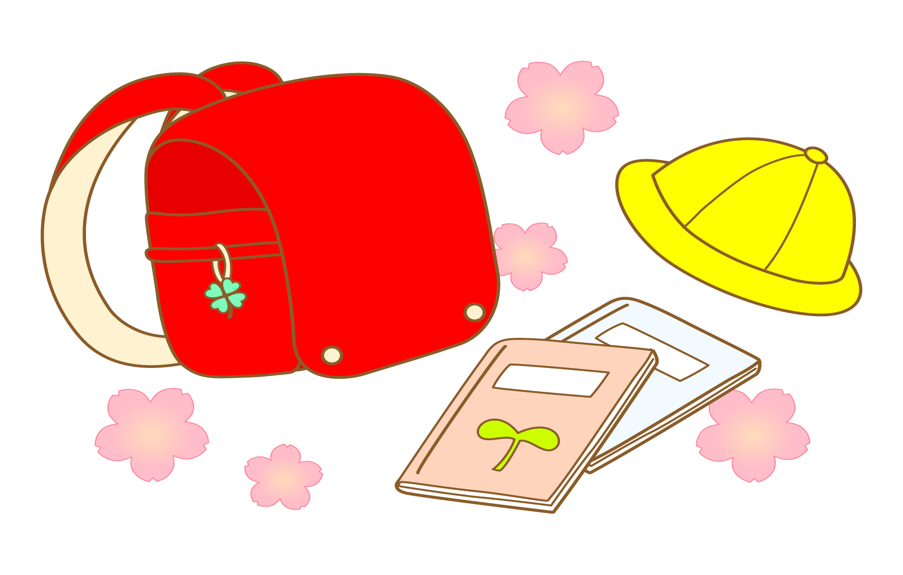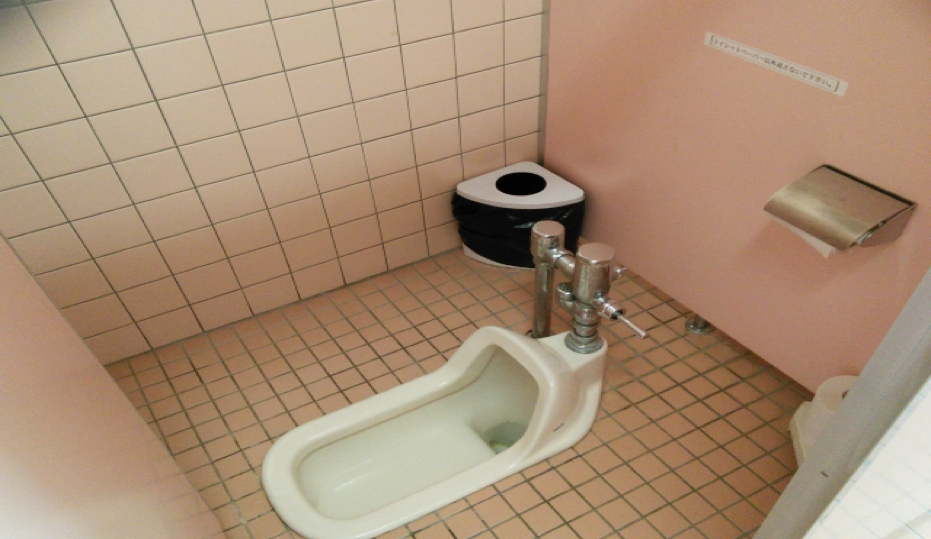Moving to a new country is the exciting start of an adventure filled with unknown thrills and inevitable mishaps, and it is also the opening of a door to a bigger world. But if you are a foreigner raising a child in Japan, the unknown for your child may be less an adventure and more a cause for worry. It’s hard to put yourself in your child’s smaller shoes and imagine what it’s like growing up in Japan. You cannot live your child’s life for him or her, but as a parent your role is to prepare what you can so that your child can adapt to life in Japan smoothly. Here are a few things to take care of when you have a child entering elementary school in Japan.
Necessary Registrations
Make sure to complete your child’s application for residence registration, the juminhyo, same as yourself.
You will receive important notices and information regarding your child. That’s free immunization! And child support allowance! Also your local school district, etc. are included.
Don’t forget to register your child for National Health Insurance, or as a dependent on your company’s health insurance policy.
Get all the necessary immunization shots your child needs.
They are free and keep your child safe from the illnesses that are most dangerous in Japan. Make sure you understand the timing for each immunization shot because if you miss the correct timing for any of the shots, it will no longer be free of charge. If your child is properly included in your insurance plan, trips to the doctor are very inexpensive, costing around 600 yen, which is a big help as we all know children tend to get sick more easily compared with adults.
Commute to School
One very important matter to take care of if is learning your child’s school route and group, the toukouhan. Children in the same neighborhood walk to school in organized groups, meeting up at an agreed time and place before the start of school everyday. Your child will likely do the same.
I often overslept.. We all do so every now and then right? So every time I would jump out of bed and run to inform the toukohan group that they should go on ahead and continue to school. Your child must never walk alone, so when running late you’ll have to drop them off at school yourself.
Preparation for School
Your child might be very nervous about fitting in at school and making friends. Here are some tips on how to help your child adjust to school life faster.
First, your child should study Japanese as early as possible.
The Japanese teachers will not speak English for you, as very few are able. They sometimes tend to be of the mindset that a child who does not understand Japanese cannot learn or do anything at all in school. Take some time to memorize the kana (the Japanese characters) together with your child before school starts in April.
Be prepared to buy all the necessary items for school and follow directions to the letter.
Don’t try to save money by skipping out on the toothbrush set, emergency buzzer, etc. Your child will be reprimanded by their teachers AND by their classmates.
Get your child used to the Japanese-style toilet.
Most Japanese public schools have no western-style toilets. Children, especially first-graders, are completely baffled upon seeing that hole on the ground and don’t know which way to face.
Teach your child the importance of being on time, even early, in everything they do.
Be sharp on the clock, and move quickly, no dawdling or dragging feet. Most gradeschoolers are trained from kindergarten on how to fall in line and how to move about orderly in lines.
Finally, the most important thing you can do for your child is listen with an open heart to their problems and worries about school.
Allow them to speak in their native language if they want. Don’t force them to stop speaking their most comfortable language just because you think it will improve their Japanese learning. They have been immersed in Japanese the whole day at school, so their head may be aching for a break from all that. Let them adjust to Japanese gradually, for they may break if their mind is not allowed a brief respite from Japanese.
If your child is frustrated let him or her know you understand how they feel. If your child does not talk at all about school, it may be good to mention how you also are adjusting to your life at work. You can share that you make mistakes and sometimes get frustrated too, but that in the end you always get by somehow. Let your child know that there is always a solution to all problems, and that they have an ally to depend on at all times.
It may be, though, that your child will have an easier time adjusting to school than you have adjusting in YOUR situation. In that case, you may even be inspired to work harder and blend in at work or Japanese society in general, looking at your child’s efforts. There may be times when you think raising a child is tough in Japan, but you will also have the rich, special experience that only people with children can, and which will help you to survive the toughest emotional pitfalls. May you have the best, brightest family life in the years ahead, living here in Japan.
Tricia, Philippines









